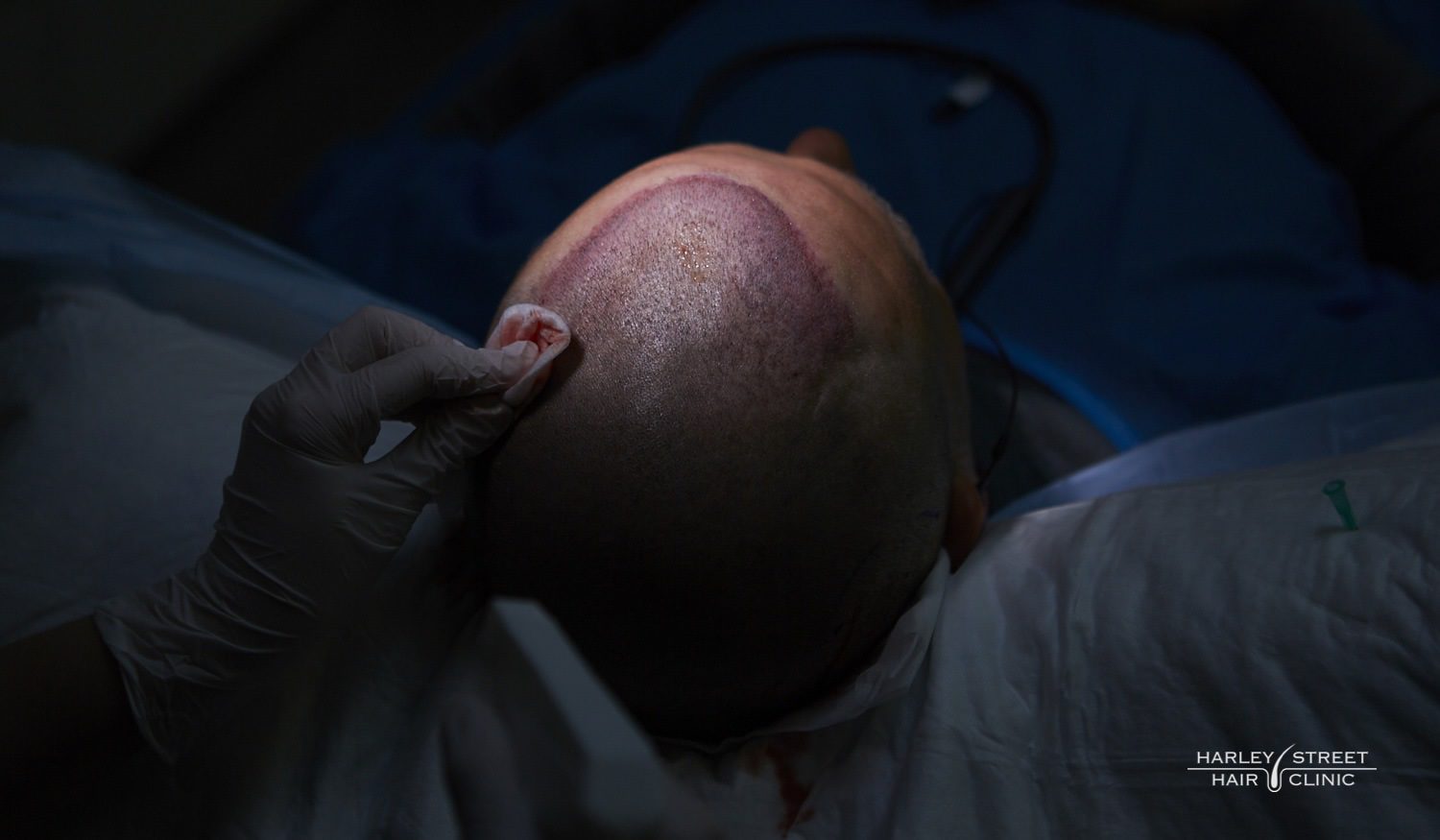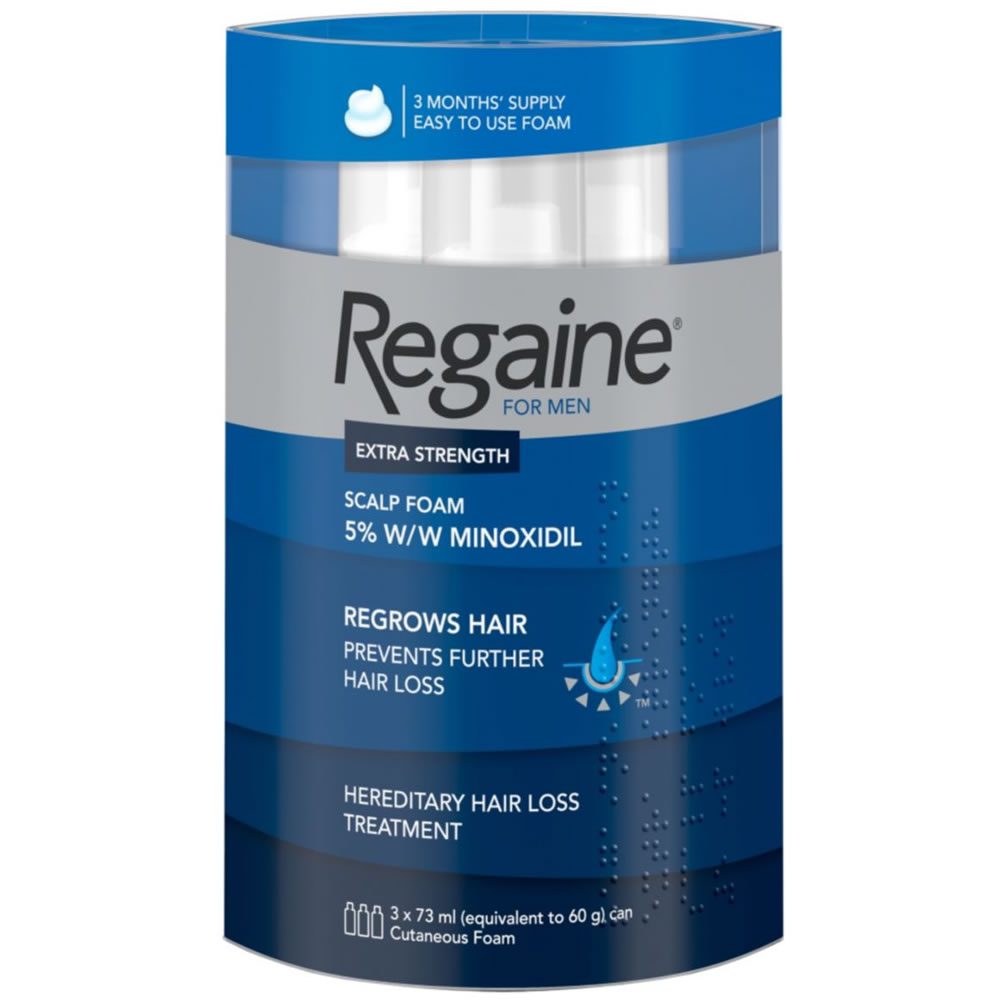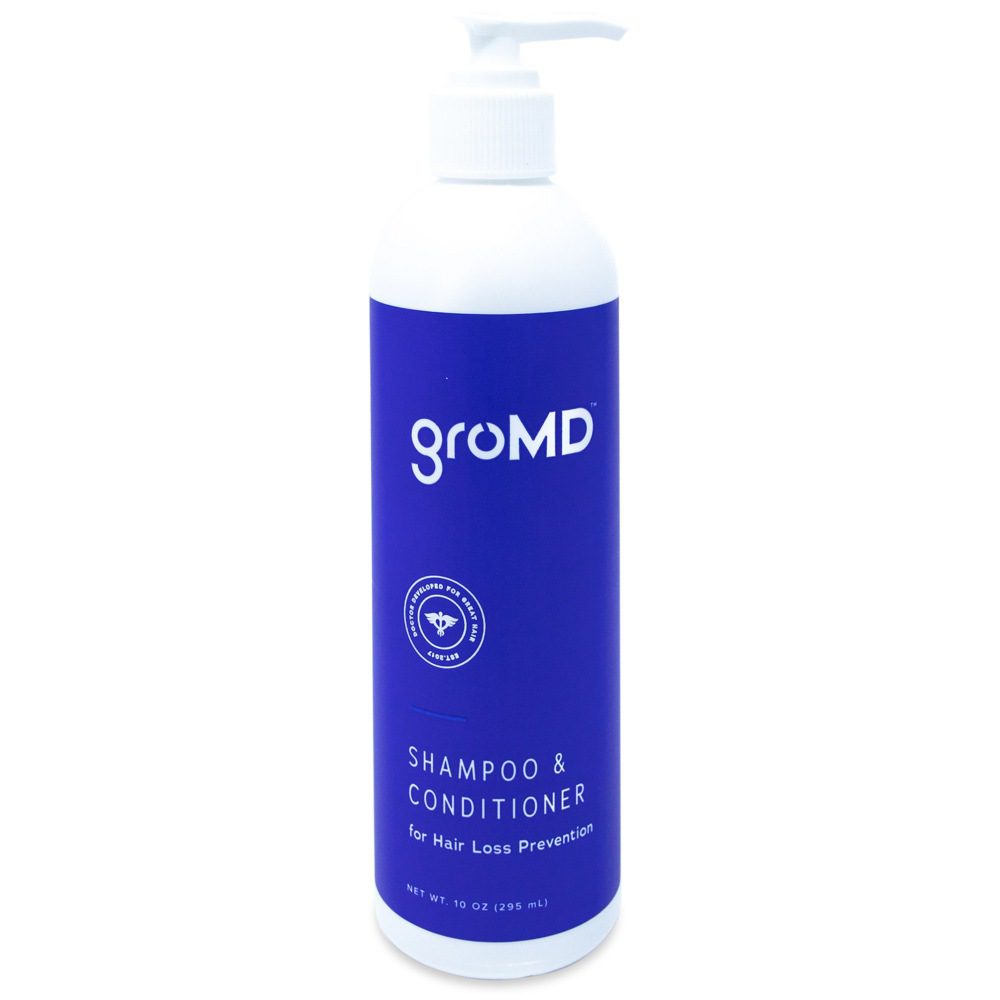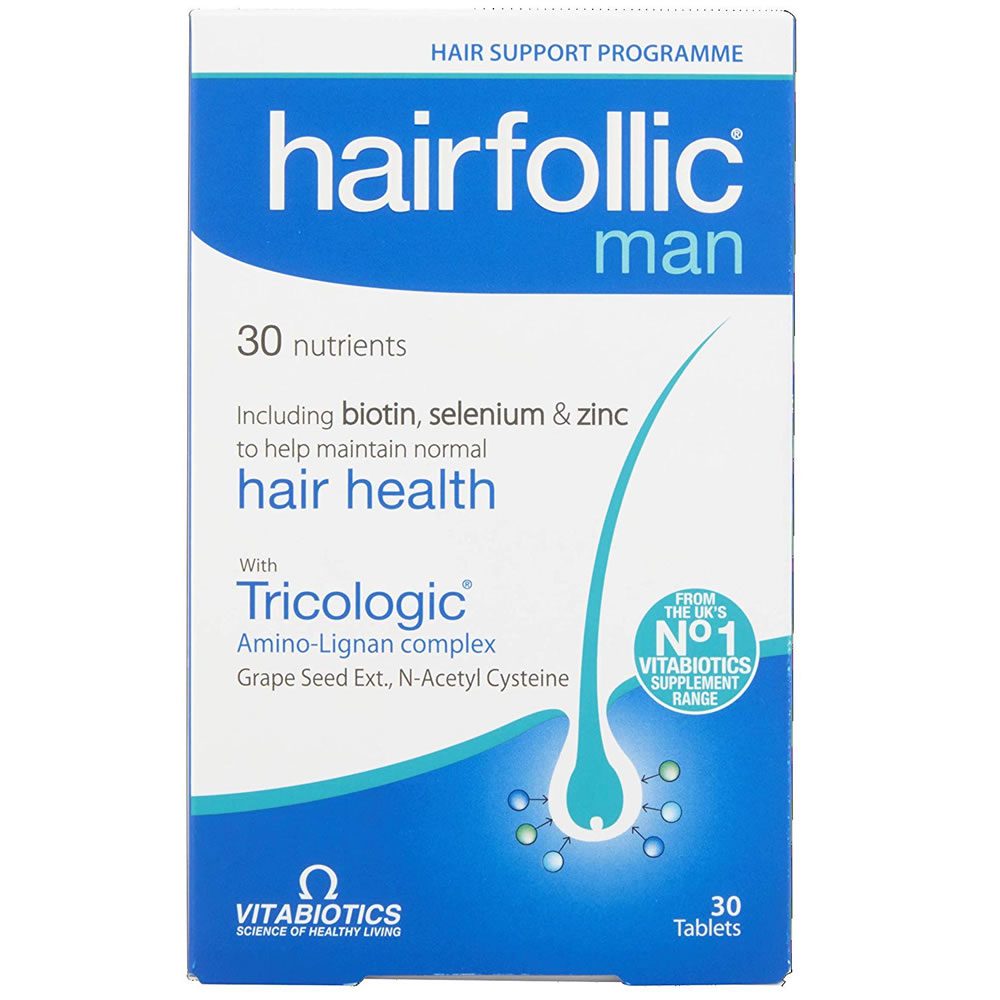Hair Transplants & COVID-19: How To Manage Hair Loss In Lockdown
With COVID-19 ravaging our lives and the economy in so many negative ways, I think it’s important to try to keep some sense of normalcy. For me, as a patient advocate and ambassador for the hair loss industry, I’ve been maintaining contact with clients who need me whilst staying on top of the latest developments in the sector.
Hair loss, like many other life circumstances, does not go away just because there’s a pandemic happening. There are still millions of men and women out there who, whilst understandably concerned about what is happening to the world around them, are also as distressed as ever about their hair.
A Welcome Reset For The Hair Loss Industry
COVID-19 will see the introduction of unprecedented restrictions on hair loss clinics – something which was desperately needed long before now. As a result, many of the unscrupulous operators have caved and folded (or will very soon) as they can no longer compete on a level playing field.
Ethics and impeccably high standards of hygiene and attention to detail are, finally, going to be non-negotiable and demanded by a generation of newly informed and educated patients. It’s been a long time coming, but it’s bitter sweet that it took something as devastating as COVID19 to act as the catalyst.
With all the noise now gone from the “backyard operators”, ethical clinics can now be seen and heard much more clearly, along with trusted third-party industry authorities and resources. With the majority of the world in some form of lockdown, if you are considering hair transplant surgery, now is the time to really scratch the surface and become informed and empowered with the facts.
You may or may not already know whether you’re a candidate for a hair transplant. But the preparation and groundwork you put in now will stand you in good stead for when COVID-19 restrictions are eased and you have a concrete plan in place to tackle your hair loss once and for all.
What You Can Do Now If You’re Worried About Hair Loss
It goes without saying that the hair transplant industry looks set to be closed for the foreseeable future. So, in the meantime, let’s take a look at some options available to you right now, with a view to a possible hair transplant once we’re back to a semblance of normality.
Initial Consultation Process

A reputable, honest clinic will always have your best interests at heart, so this is your chance to ask all your questions and get a clear idea of what to expect in advance. A reliable organisation of clinics and surgeons to consult with is The International Alliance of Hair Restoration Surgeons.
At the current time, many practices are offering telemedicine/telehealth consultations via Skype, FaceTime, Zoom or WhatsApp, with video functionality allowing you to show your doctor the condition of your hair and scalp. Obviously it’s not as good as an in-person examination (and you will still require one of these once we’re out the other side), but you will still get an idea of whether you are a viable candidate for a hair transplant and are able to ask any queries you may have.
Oral/Topical Therapies
If you’ve already been seen by a hair transplant surgeon, or if your surgeon deems you a viable candidate via a telehealth consultation, you may be prescribed proven medications like Finasteride/Propecia or have discussed adding over-the-counter therapies such as minoxidil (often known as Regaine/Rogaine), a hair loss shampoo or a supplement to your daily routine in order to try and strengthen and preserve the hair you have left.
If so, use them as directed, ensure you maintain consistency of routine and, most importantly, stick with it. The majority of therapies take three-to-six months to see noticeable results, and often your hair will look worse before getting better, so you need to be in it for the long haul.
Medical Therapies
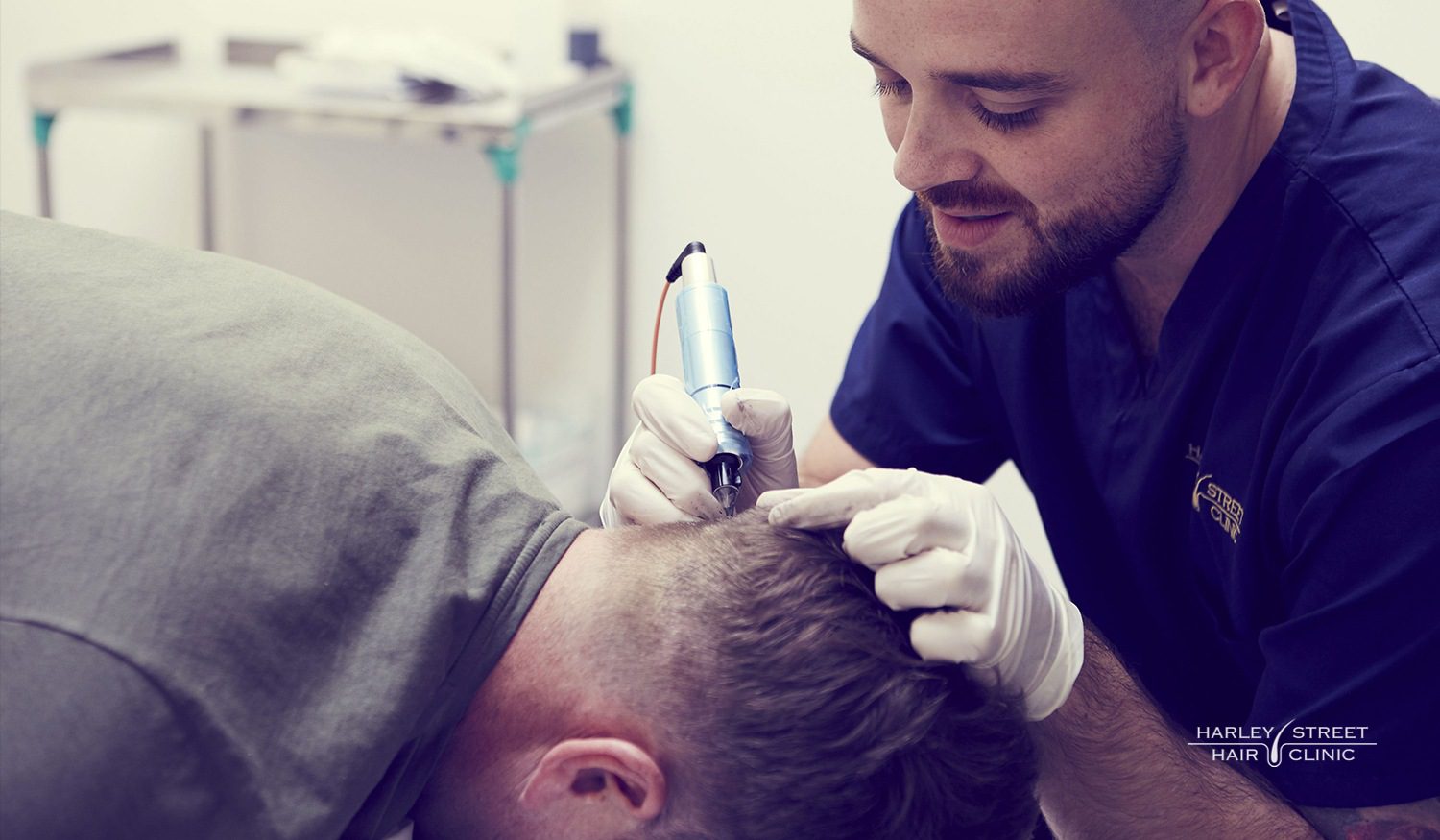
The author, Spencer, undergoing an ATP (Advanced Tricho Pigmentation) procedure
For now, therapies such as FUE (Follicular Unit Extraction), FUT (Follicular Unit Transplantation), PRP (Platelet-Rich Plasma) and ATP (Advanced Tricho Pigmentation) treatments are all out of the question, as practices across the world are advised to cease offering in-person treatments due to social distancing and the potential for community transmission of COVID-19.
Hair transplant surgery is an elective procedure and, I’m sure we all agree, is not justifiable in the current climate. Ethical practise is paramount at this time in order to help us all beat the virus.
Alternative Therapies
A good quality, state-of-the-art laser cap is a great addition to any hair loss regime and can be used with ease in the comfort of your own home. These space-age-looking devices are worn like a hat for a prescribed period of time per day to stimulate hair growth.
The Ferrari of laser caps is the Bauman Turbo Laser Cap. The most technologically advanced portable low-level laser light therapy (LLLT) device for hair regrowth currently available on the market, it comes with the price tag to match, but is backed by an iron-clad lifetime guarantee for peace of mind.
The Bauman Turbo Laser Cap is recommended for those post-hair transplant procedure, experiencing thinning hair, as well as hair loss prevention and overall hair health. I’ve just ordered one for myself to try it out.
Build Your Mental Strength
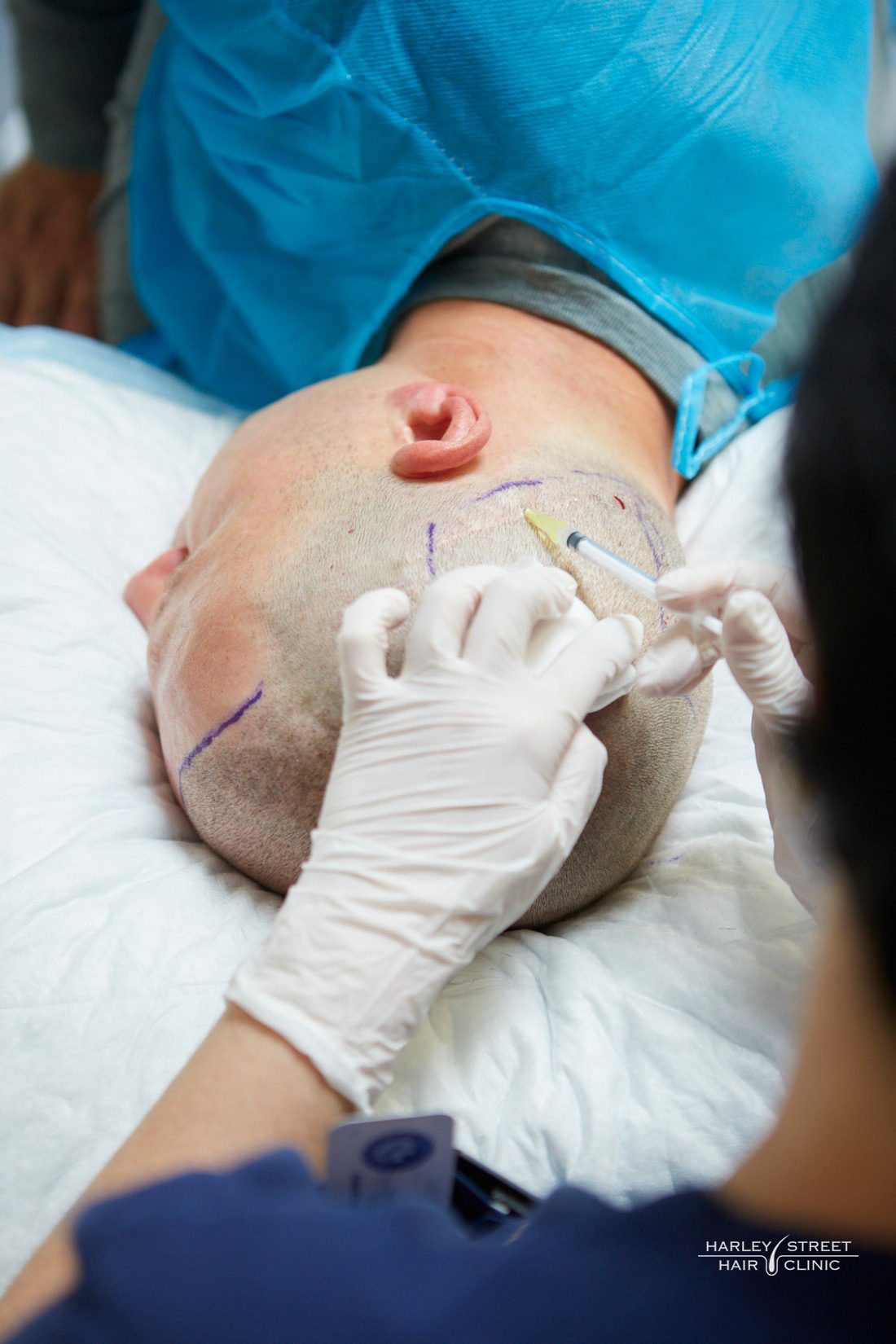
The author, Spencer, undergoing numbing prior to an FUE hair transplant
I can tell you from personal experience that a hair transplant is a gruelling process and can be quite intimidating for the best of us. Even though anaesthetic is used, there’s pain, bleeding and scarring involved. It’s also expensive and is such a labour-intensive procedure that you could be in the chair for an entire day. Sometimes it can even go over two days.
Before agreeing to go ahead with a hair transplant operation, you need to be fully aware of what’s involved and make peace with what will be uncomfortable, painful and difficult. We’ve discussed how hair loss can affect mental health previously on Ape.
Research Your Options

Spencer Kobren’s The Bald Truth radio show
If you’re isolating and currently have extra time on your hands, now is a good time to research the various hair transplant options available. I’d like to suggest that you subscribe to The Bald Truth (podcast and blog) and explore the following relevant and highly trustworthy resources: IAHRS, American Hair Loss Association, Spexhair (my personal website) and Hair Transplant Mentor.
Research Surgeons
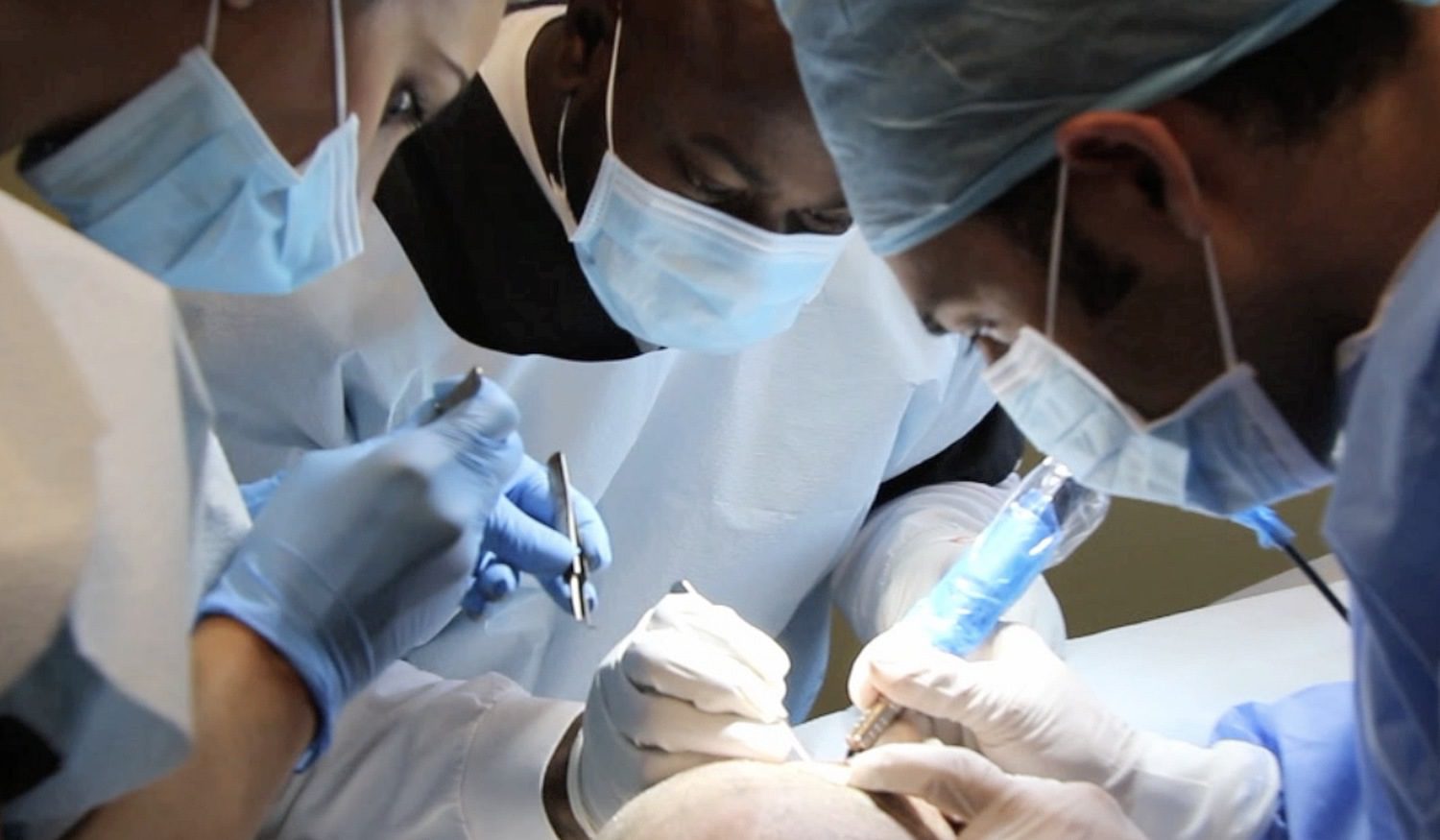
Choosing a trusted, ethical, honest surgeon is critical. This is your health and your life we’re talking about. Make sure they’re a member of an accredited hair loss organisation, source real reviews and ask for recommendations on dedicated hair loss forums such as BaldTruthTalk, HairLossExperiences and BelliCapelli Hair Forum.
But above all, your expectations should be realistic and you need to be prepared for the possibility that you won’t achieve the exact results you’d hoped for. If a recognised and acclaimed surgeon tells you this, you need to accept and make peace with it – the worse thing you can do is go with an unscrupulous individual that promises you the earth but delivers a gut-wrenching hit to your wallet, health and self esteem.
The Silver Lining
A new hair transplant industry is upon us, in no small part due to COVID19, with the wheels of change now well and truly in motion. It has been a long time coming but the way clinics will be forced to evolve can only help protect patient welfare and reduce the horror stories. It’s vital patients get accurate information but it’s just as important that new and old surgeons alike are held to impeccable standards that ensure everyone receives the highest level of care and surgery possible.
The Global Hair Loss Summit 2020 aims to do just that, bringing together the best and brightest leaders in the speciality of surgical hair restoration via a virtual educational and networking event. The platform and its Founding Faculty are committed to openly sharing their unique expertise and skill sets with those seeking a more complete educational experience and knowledge base of the field in an effort to raise standard across the board.
It is the very first event of its kind where attendees are able to learn with colleagues about the art and science of hair transplant surgery whilst also gaining practical knowledge of future challenges and opportunities in this elegant, nuanced and highly sought-after discipline of aesthetic medicine.
Overall, the future of the hair transplant industry looks bright and here at Ape we aim to continue to keep our readers educated, informed and – most importantly – safe.
